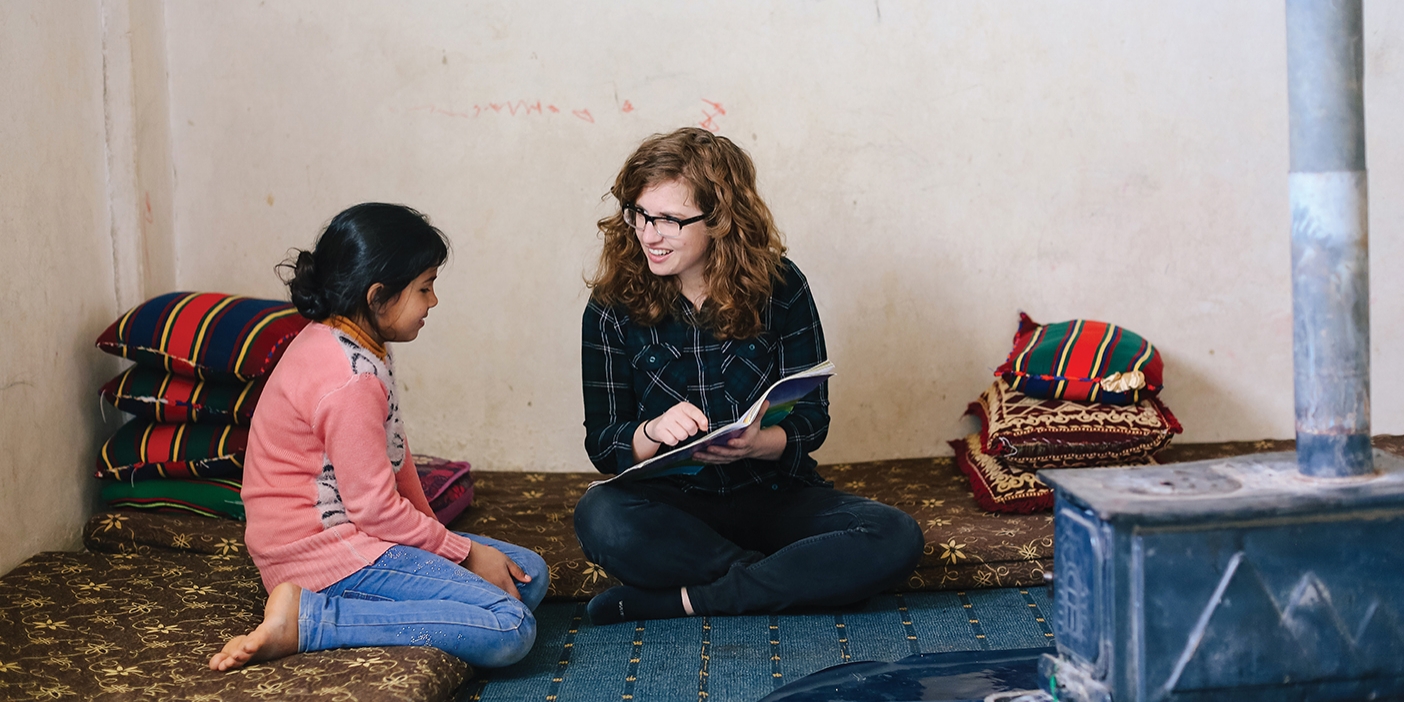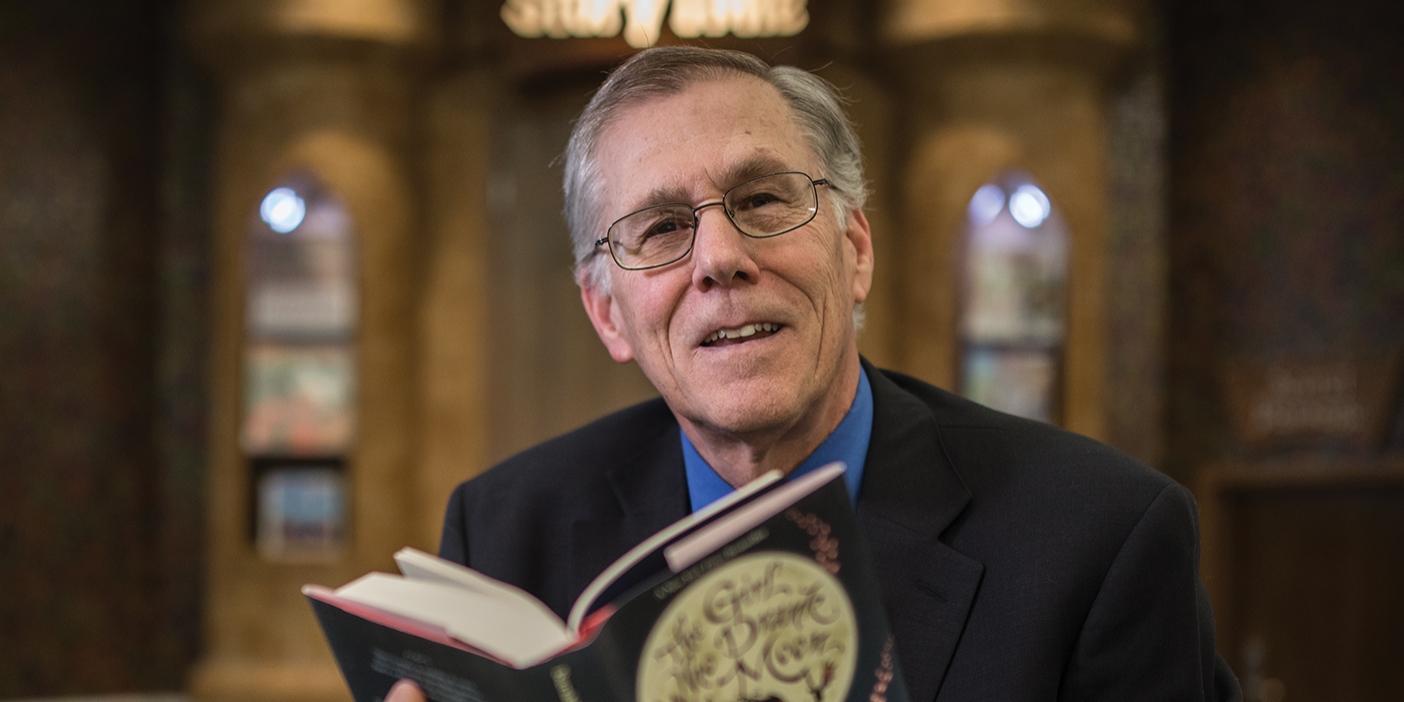Thoughts from an inspiring alum.
By profession, Emily de Schweinitz Taylor (BA ’97) is a mediator; by her calling as a mother of five children, she is an expert in conflict. She has combined these backgrounds in her book, Raising Mediators: How Smart Parents Use Mediation to Transform Sibling Conflict and Empower Their Children.
“I used to be afraid of conflict, and I would try to get away from it or prevent it. Now I accept it as this normal part of life that just requires some specific skills to handle effectively. My parents split up when I was 17, and a fabulous school psychologist taught me questioning and active listening. She planted the seeds for the skills I’m developing now.”
“In my international work I attended Asian Pacific Economic Cooperation meetings in 2000–01. There was lots of fighting, lots of bullying, and really bad behavior and communication. I thought, ‘Wow, they need [someone] who can work these differences out. I want to learn how to do that.’”
“Kids as young as 3 years old, with a parent mediating and making sure there is talking back and forth, can come up with almost as many creative options to resolve problems as older kids who speak more eloquently. Beyond solving a problem, kids who experience mediation show more empathy and more respect for others’ feelings and goals. I realized, ‘Wow, if kids can learn empathy, collaboration, and problem solving from the beginning, rather than going into a job or roommate situation or marriage with undeveloped skills, why don’t we teach it to them?’”
“Too often parents determine what should happen. The kids have some good solutions. We have a spot on our couch by the heater and one blanket. Everybody wants that spot in the morning. I was going to say, ‘You get five minutes, you get five minutes, etc.’ It’s the classic parent response—to just judge and make a quick decision. But I didn’t. I said, ‘Well, you guys both want this spot. Can you think of any ways you can work that out?’ And they said, ‘What?’ because they expected me to come up with a solution. But then one said, ‘Let’s go build a tent with the blanket!’ And that ended the conflict.”
“How do we express needs and wants in a way that doesn’t create conflict but still gets us what we want and need? It’s okay to need something, but how we express it is going to make the difference in whether someone can actually receive it. So instead of accusing your child, you can say, ‘I noticed you haven’t brushed your teeth two days in a row. I’m worried because when you don’t brush, you get cavities. I want you to have clean teeth. Would you be willing to brush tonight?’ It sounds so basic, but you state an observation, a feeling, and a need, and then make a request.”
“When you learn how to mediate you get such better ideas. Instead of just having the most vocal person’s ideas taken, when you learn to listen and work through differences, you begin to see so many possibilities for resolving issues. Mediation brings acceptance. People feel more secure in their relationships when they know they’re not going to be rejected for thinking differently.”
“People often think they have to be exactly the same to get along, but I’ve learned that sameness doesn’t necessarily equate with intimacy. I’m confident that it’s okay to live with differences and then work on the ones that are most important.”












